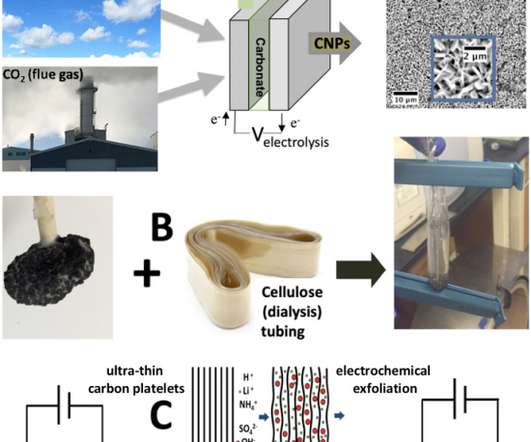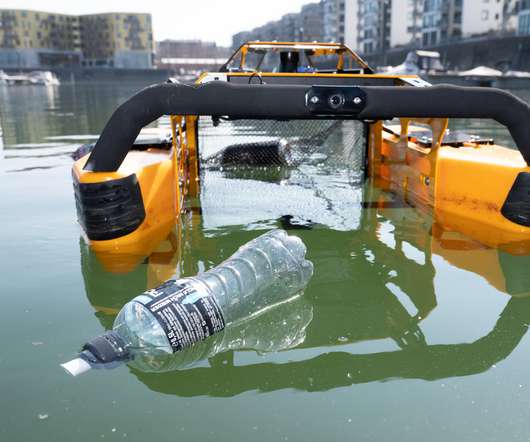DOE awards $35M to 15 projects in ARPA-E ECOSynBio program to reduce carbon footprint of biofuel production
Green Car Congress
MAY 15, 2021
Many biofuels, including ethanol, biodiesel and other products derived from organic material (biomass), are almost exclusively produced via fermentation. Carbon-Negative Chemical Production Platform - $4,160,262.57. University of Wisconsin-Madison. The awardees are: LanzaTech, Inc.






































Let's personalize your content